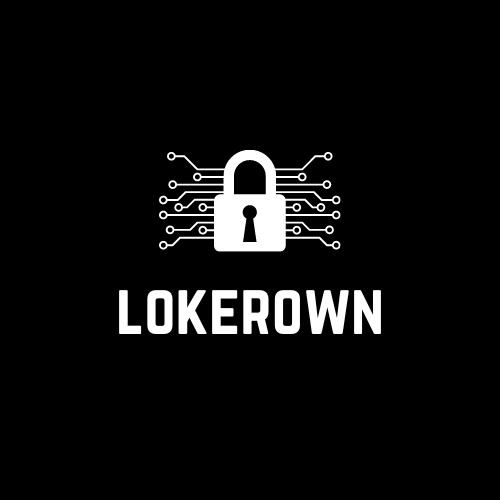So picture this—you’re in the middle of binge-watching your favorite show, popcorn in hand, and right when the big reveal is about to drop… boom, power cut. It’s like life’s way of trolling you. And let’s be honest, in India, this is not some rare cosmic event. Power cuts are practically a tradition, especially in smaller towns and during peak summer when everyone’s AC decides to work overtime. That’s why Power Backup solutions aren’t just good to have, they’re becoming as essential as WiFi.
Not Just About Comfort, It’s About Continuity
Sure, nobody likes sweating in the dark or missing that last-minute online exam submission. But power backup isn’t just about comfort—it’s about keeping things running. Think about small shops, hospitals, or even IT folks working from home. One sudden blackout can literally throw off a day’s worth of work.
I once saw a kirana store uncle lose his entire day’s frozen ice cream stock because the power was out for 6 hours. Poor guy had to sell them half-melted as milkshakes. Funny for us kids, tragic for his wallet. That’s where having a decent backup solution could’ve saved him.
Options, Options, and More Options
When people say power backup, most instantly imagine that noisy, smoke-puffing generator in the corner of the building. But it’s not just that anymore. The market is flooded with choices:
- Inverters and Batteries – Best for homes. Quiet, simple, and won’t scare your cat.
- Diesel Generators – Still popular for commercial spaces. They’re like that old uncle who smokes too much but still does the heavy lifting.
- Solar Backup Systems – The cool new kid on the block. Clean, sustainable, and surprisingly affordable in the long run.
- Hybrid Solutions – Mix of solar + battery or generator. Basically, the why choose when you can have it all type.
People on Twitter (sorry, X) often debate in threads whether solar backup actually saves money or not. And while opinions are wild out there, the fact is solar installation costs have dropped by nearly 80% in the last decade globally. That’s not marketing fluff, that’s data.
The Money Side of Things
Here’s the truth: people hesitate to spend on backup because it feels like an extra expense. But think of it like insurance. You don’t buy it hoping to use it every day, but when that one big blackout hits, you’ll thank yourself.
A little analogy: imagine driving without a spare tire because hey, I never had a puncture in years. Until one rainy day you’re stranded at midnight. That’s what skipping backup feels like.
Also, many modern power backup systems are surprisingly energy-efficient. Solar-linked systems can actually reduce your long-term bills. Some folks even sell excess solar power back to the grid. I mean, how cool is it to go from paying the electricity board to sending them an invoice?
A Personal Take
During lockdown, I tried working from my parents’ house in Bihar (bad idea). The power situation was so bad, my Zoom calls kept freezing mid-sentence. At one point, my boss thought I was pulling excuses. That was the moment I swore I’d never underestimate backup systems again. Now, even in the city, I keep a small inverter. It’s saved me countless times during sudden outages.
We live in a world where even 10 minutes of no electricity feels like a survival test—no fan, no WiFi, no fridge. And since power cuts aren’t disappearing anytime soon, the smart move is to get prepared. Whether it’s solar, inverters, or hybrid setups, Power Backup solutions are not about luxury anymore. They’re about keeping life normal when the lights go out.






